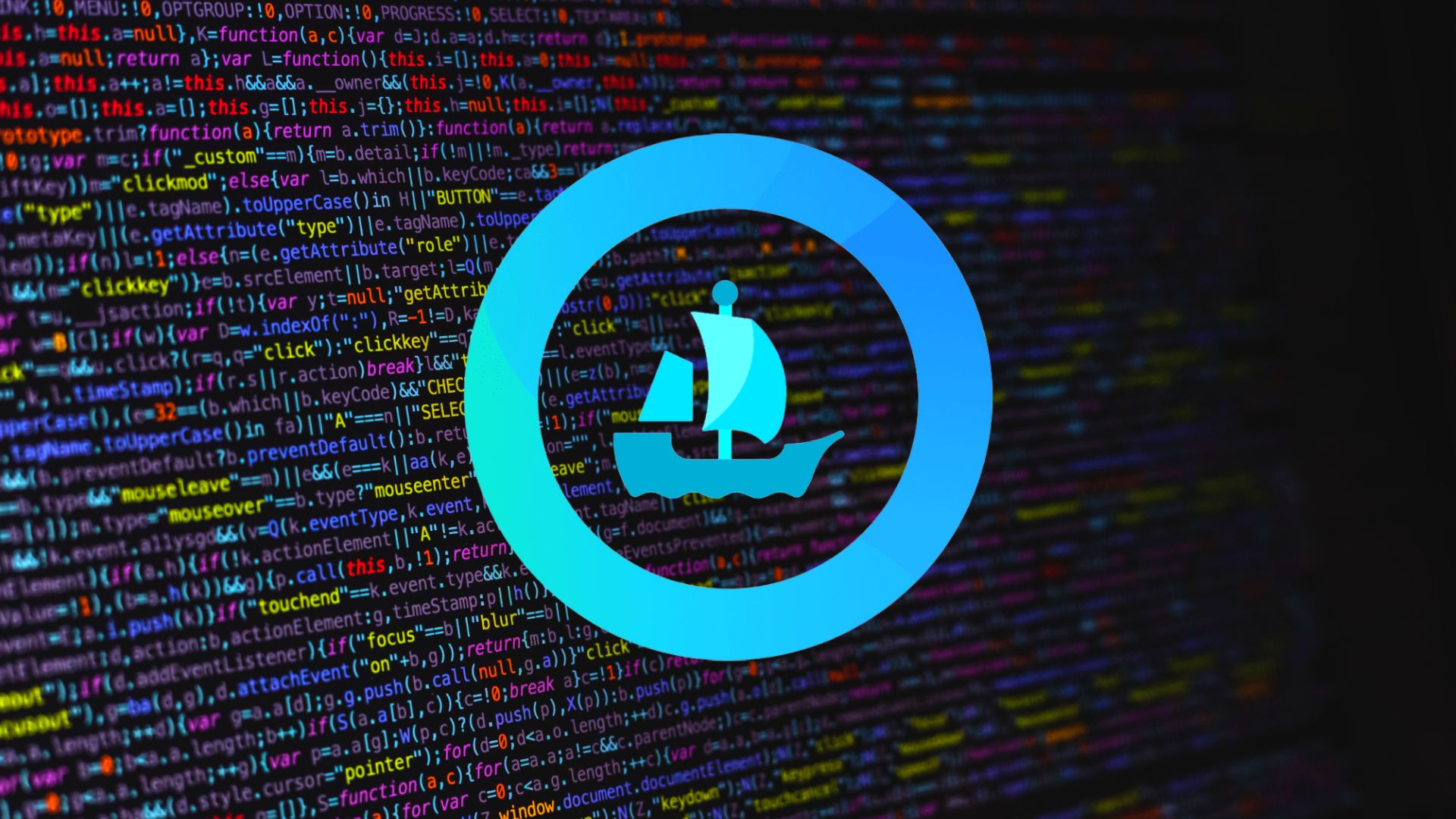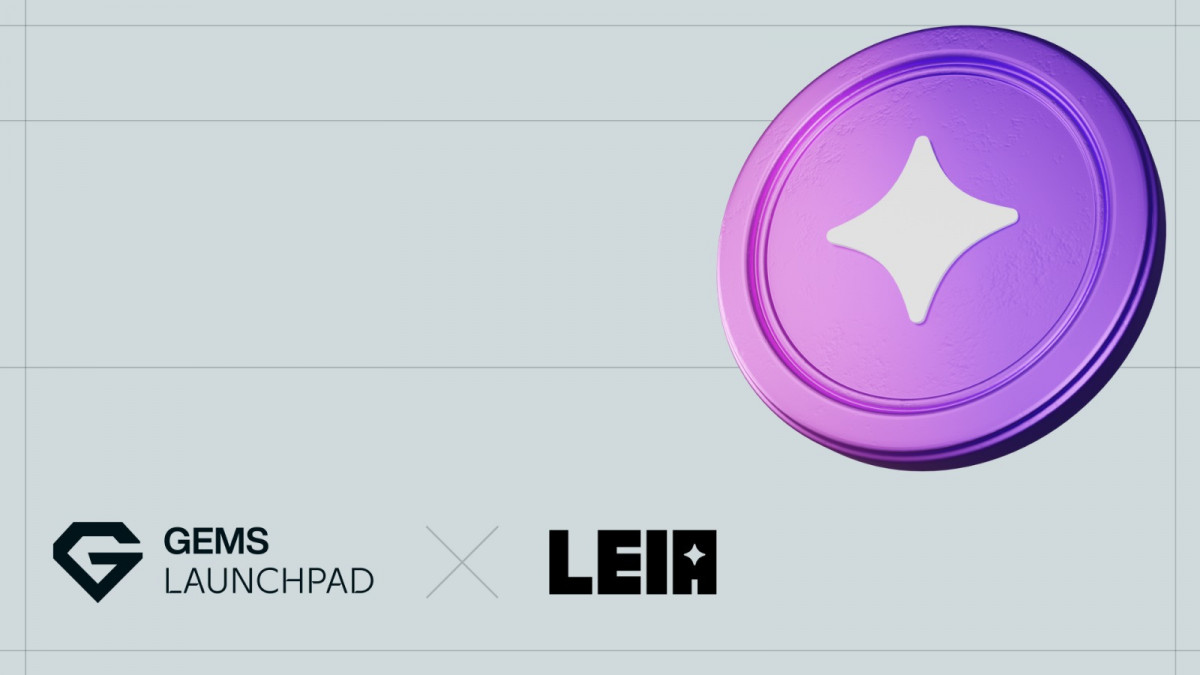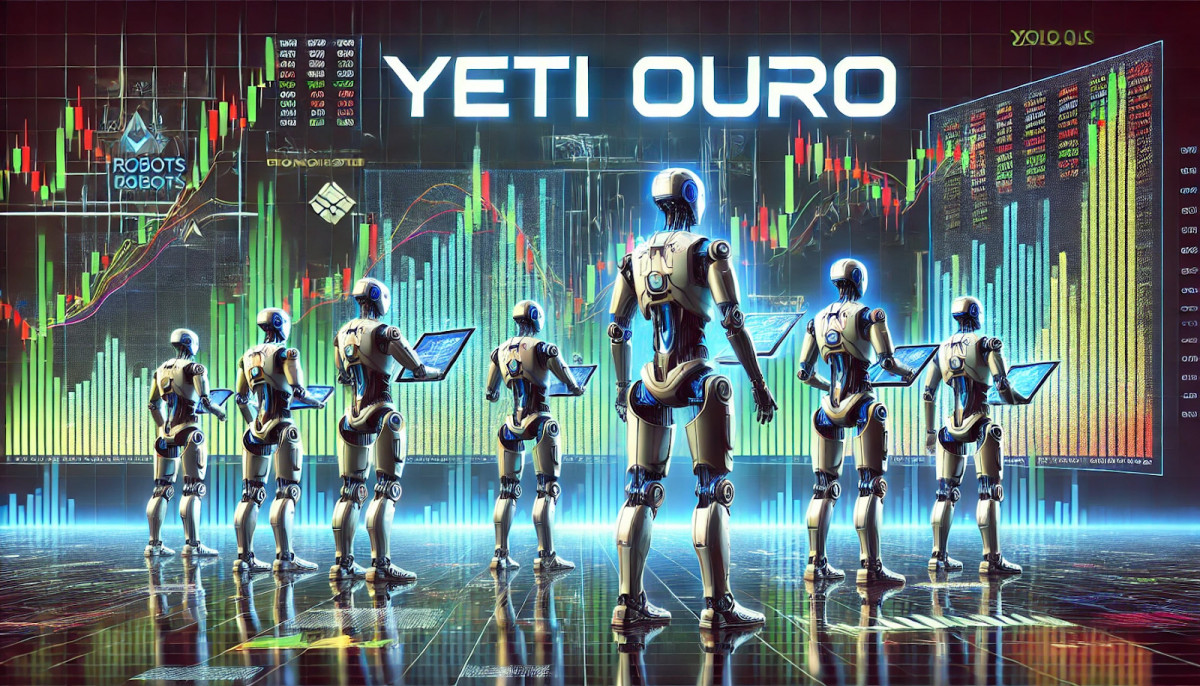The Alpha:
- On November 6, OpenSea announced in a blog post and on Twitter that it would introduce a tool for new collections to enforce creator fees (artist royalties) on its platform.
- The tool is a snippet of code that represents OpenSea’s first attempt at on-chain enforcement of royalties in NFT transactions. Starting at 12:00 p.m. ET on November 8, the platform is enforcing creator fees for new collections that use an on-chain enforcement tool like the one it’s now offering.
- OpenSea gave itself a deadline of December 8, 2022, to come out with a firm stance regarding how it will address royalties enforcement for existing collections. The platform is considering several options, including optional royalties — and 0 percent royalties.
Why it matters
The royalties debate in the NFT community is one of the space’s most important and consequential discussions. Widely considered to be one of the founding tenets of Web3, royalties have allowed artists to sustain themselves in a way previously not possible in the traditional art world. Via a combination of earning money through primary sales and taking a small cut every time their NFT changes hands, royalties lend credence to the Web3 community’s claim that NFTs help chip away at the “starving artist” trope that has robbed artists of dignity for centuries. They have helped lift people out of poverty, pay off loans, and gain economic independence. That’s to say nothing of the countless NFT projects involved in building and sustaining entire sub-communities on the back of such fees.
According to a late October study by crypto firm Galaxy Digital, more than $1.8 billion in royalties have been paid out to the creators of Ethereum-based NFT collections. Notably, OpenSea has paid out the most royalties to creators by a wide margin. But creator royalties aren’t enforceable at a technical level. Ultimately, it’s up to marketplaces to offer and honor them or not. For example, marketplaces like sudoswap and X2Y2 have planted themselves firmly in the zero-royalty camp.
OpenSea’s announcement has resulted in an explosion of commentary from just about every prominent figure in the NFT space. Many are happy that OpenSea is taking a stand to support artists and new collections by introducing a tool that restricts NFT sales to marketplaces that enforce creator fees. However, OpenSea has admitted that this will not apply to existing collections that aren’t built on upgradable contracts.
The platform also stated that after its self-imposed December 8 deadline, it will decide how existing collections can engage with royalty enforcement. As such, it seems likely that creator fees for these collections will either drop to zero percent or the platform will give buyers the option to pay royalties as they see fit. The question that remains for those collections is just how they will replace a revenue stream that will likely disappear — or at least be significantly reduced.
“Unfortunately, the bitter pill is that, to the best of our knowledge, the only way to achieve on-chain creator fee enforcement for existing collections with non-upgradeable smart contracts is to take drastic measures with their communities, like shifting the canonical collection to a new smart contract,” wrote OpenSea CEO Devin Finzer in the blog post. “In our opinion, by far the better option is for existing creators to explore new forms of monetization and alternative ways of incentivizing buyers and sellers to pay creator fees, and to ensure that future collections enforce creator fees on-chain.”
What’s next
OpenSea has been taking the temperature in the space since its announcement and has issued several clarifications and responses since the news reignited the controversy surrounding the creator fees debate on Sunday. To his credit, Finzer has likewise been making the rounds in Twitter Spaces in the past few days, fielding questions from an understandably agitated community. However, neither Finzer nor the platform’s Twitter handle has been particularly helpful in addressing the specter of a zero-royalty system for existing projects come December 8.
Granted, the team has given themselves a month to sort their official position on the matter, but meanwhile, the zero-creator fee shadow looms large in the community’s collective mind — and rightfully so. With calls for artists to pool together and take their work to more royalty-friendly pastures in the event of such an implementation, OpenSea could find itself in a perilous position come December.
But wait! There’s more:
Read More: nftnow.com









 Bitcoin
Bitcoin  Ethereum
Ethereum  Tether
Tether  XRP
XRP  Solana
Solana  Dogecoin
Dogecoin  USDC
USDC  Cardano
Cardano  Lido Staked Ether
Lido Staked Ether  TRON
TRON  Avalanche
Avalanche  Sui
Sui  Wrapped stETH
Wrapped stETH  Toncoin
Toncoin  Chainlink
Chainlink  Stellar
Stellar  Wrapped Bitcoin
Wrapped Bitcoin  Shiba Inu
Shiba Inu  Hedera
Hedera  Polkadot
Polkadot  WETH
WETH  Bitcoin Cash
Bitcoin Cash  LEO Token
LEO Token  Uniswap
Uniswap  Hyperliquid
Hyperliquid  Litecoin
Litecoin  Pepe
Pepe  Wrapped eETH
Wrapped eETH  NEAR Protocol
NEAR Protocol  Ethena USDe
Ethena USDe  USDS
USDS  Internet Computer
Internet Computer  Aptos
Aptos  Aave
Aave  Mantle
Mantle  Cronos
Cronos  Render
Render  POL (ex-MATIC)
POL (ex-MATIC)  Bittensor
Bittensor  MANTRA
MANTRA  Ethereum Classic
Ethereum Classic  Virtuals Protocol
Virtuals Protocol  WhiteBIT Coin
WhiteBIT Coin  Monero
Monero  Artificial Superintelligence Alliance
Artificial Superintelligence Alliance  Dai
Dai  Tokenize Xchange
Tokenize Xchange